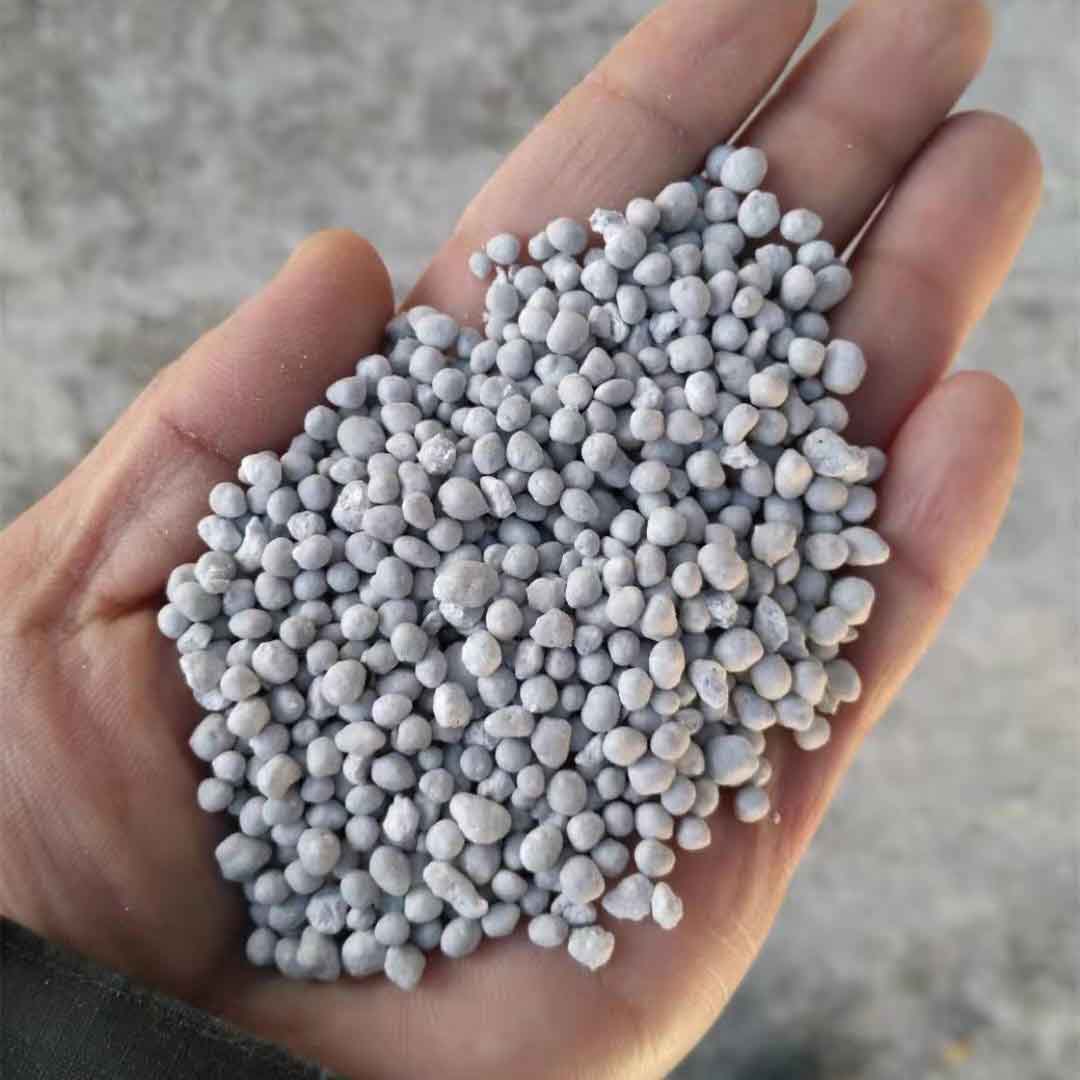
Oct . 12, 2024 13:55 Back to list
potato fertiliser npk
The Importance of NPK Fertilizer for Potato Cultivation
Potatoes are one of the most widely cultivated crops around the world, known for their versatility and nutritional value. However, to achieve optimal yields, potato farming requires a deep understanding of soil health and fertility management. One of the key components to enhancing soil fertility is the use of NPK fertilizer, which contains nitrogen (N), phosphorus (P), and potassium (K). This article will explore the significance of NPK fertilizers specifically for potato cultivation, including its impact on growth, development, and yield.
Understanding NPK Fertilizers
NPK fertilizers are chemical fertilizers that provide essential nutrients that plants require for growth. Each of the three components plays a distinct role in plant development
1. Nitrogen (N) This nutrient is crucial for vegetative growth, particularly for the development of leaves and stems. Nitrogen is a key component of chlorophyll, the pigment responsible for photosynthesis, and it is vital in the synthesis of amino acids, the building blocks of proteins. Adequate nitrogen levels in potato plants promote robust foliage, which is essential for photosynthesis and overall plant health.
2. Phosphorus (P) Phosphorus is responsible for energy transfer and storage within plants. It plays a critical role in root development and is vital during the early stages of plant growth. For potatoes, phosphorus encourages strong root systems, which enhance the plant's ability to access moisture and nutrients from the soil. Moreover, it aids in the development of tubers, the edible portions of the plant.
3. Potassium (K) Potassium is important for numerous physiological processes within the plant. It regulates water uptake and loss, helping the plant withstand drought and stress conditions. Potassium also enhances tuber quality and size, contributing to higher marketable yields. It plays a significant role in the synthesis of carbohydrates, which are crucial for tuber development.
The Benefits of NPK Fertilizers in Potato Farming
The application of NPK fertilizers in potato cultivation provides numerous benefits that directly influence the growth and yield of potato crops
potato fertiliser npk

- Enhanced Growth and Development Balanced NPK application ensures that potato plants receive a well-rounded nutrient profile, leading to improved vegetative growth. Healthy foliage supports photosynthesis, which is essential for the energy needed to develop tubers.
- Increased Tuber Yield By supplying adequate phosphorus and potassium along with nitrogen, farmers can achieve larger and more abundant tubers. Research shows that potatoes treated with proper NPK ratios significantly outperform those with insufficient nutrient availability.
- Improved Tuber Quality The nutritional content and overall quality of the potatoes are enhanced with optimal NPK fertilization. Higher potassium levels contribute to better skin integrity, enhanced flavor, and greater resistance to diseases and pests.
- Soil Health Maintenance NPK fertilizers do not only benefit the current crop; they also help in maintaining soil health. When used correctly, they can improve soil structure and fertility, promoting long-term agricultural sustainability.
Application Practices and Considerations
To harness the benefits of NPK fertilizers for potato crops, farmers need to adopt appropriate application practices. Soil testing should be conducted to determine nutrient needs, allowing for tailored fertilization strategies. The NPK ratio can vary depending on the growth stage of the potato plants; for instance, higher nitrogen levels may be beneficial during early growth, while increased phosphorus and potassium may be required as tubers begin to develop.
It’s important to apply fertilizers at the right time and in the right amounts, as over-fertilization can lead to nutrient runoff and environmental issues. Moreover, integrating organic matter and other sustainable practices into farming can enhance the effectiveness of NPK fertilizers and contribute to long-term soil health.
Conclusion
In conclusion, NPK fertilizers play a critical role in potato cultivation by supplying essential nutrients that promote growth, increase yield, and improve tuber quality. Understanding the significance of each component and implementing appropriate fertilization practices will empower farmers to optimize their potato production while maintaining environmental sustainability. As the demand for potatoes continues to rise, effective nutrient management through NPK fertilization will be key to ensuring a fruitful and sustainable agricultural future.
-
Premium Organic Manure Compost for Eco Gardens
NewsAug.01,2025
-
Organic 10-10-10 Fertilizer | Balanced Plant Nutrients
NewsJul.31,2025
-
Premium Amino Acid Fertilizer | Rapid Plant Growth Booster
NewsJul.31,2025
-
10 10 10 Fertilizer Organic—Balanced NPK for All Plants
NewsJul.30,2025
-
Premium 10 10 10 Fertilizer Organic for Balanced Plant Growth
NewsJul.29,2025
-
Premium 10 10 10 Fertilizer Organic for Balanced Plant Growth
NewsJul.29,2025
